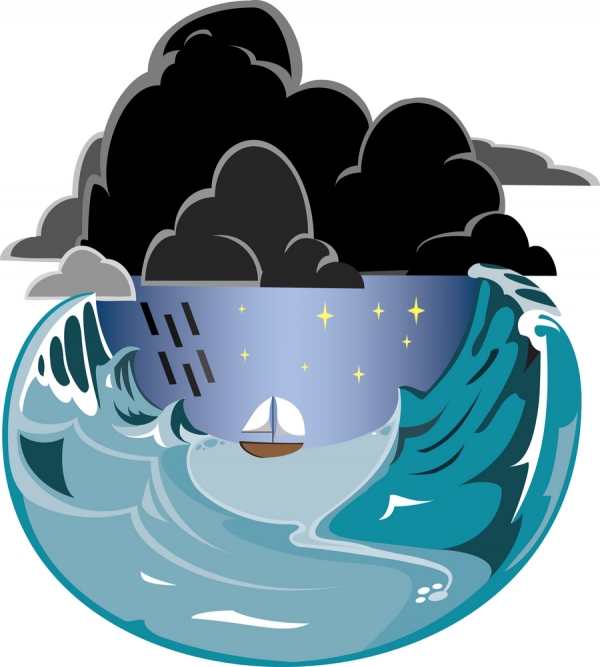When I walk along the street, I look at all the faces and I notice how different they all are. And so I make the assumption that they all think and feel differently too – from me and from each other. What is it that makes us who we are? A great deal has been offered in answer to this question. It’s the old nature versus nurture question. My belief is that we are made from nature, from what we bring, and from the nature of our nurture. My ambition for us as a people is that we begin to consider much more deeply whether we want to parent and if we do, what are our motivations? Are these motivations in the best interests of the child? Does the wish to have a child incorporate the intention to parent mindfully? And what might this mean for all these different people who pass me on the street?
I think about the difficult journey to parenthood and all that comes after, and I ponder my own memories of birth, the beauty of my babies, my joy at their arrival – and then I hit a snag, a barbed place in my mind as I remember also the fear, the dark place that is called postnatal depression.
When I had my babies not much was known about this debilitating illness. I did not know for a long time what was really wrong with me and if it would ever go away. Now there is a great deal of information available and many ways to seek assistance. In Melbourne one of the most useful of these is the PANDA website: Post Ante Natal Depression Association (www.panda.org.au).
This week PANDA has announced that its website has been rated, in an independent international study, as the worldwide leader for women with a postnatal mental illness. A study was conducted by the School of Psychology at the University of Sussex, and published in the Archives of Women’s Mental Health. It is a comprehensive review of postnatal depression websites.
PANDA goes on to give us the alarming news that in Australia around 1 in 7 new mothers and 1 in 10 new fathers are diagnosed with postnatal depression. (I know from my own experience that this can happen to adoptive parents also.) Many are reluctant to seek help. Belinda Horton, PANDA CEO, said that postnatal depression and anxiety (perinatal depression) is a quiet, under-reported epidemic in Australia with figures indicating over 47,000 women and 29,000 men are suffering. She urges people to seek support. (I quote from the website.)
There is help out there. And the PANDA website is an excellent place to find out about it. If you know anyone who is suffering and who needs this kind of help, find a way to point them in the right direction. They are parenting the children who are the future of our planet and it may be that, as well as offering compassionate care to your neighbours and friends, you think, as I do, that you have a stake in that.


